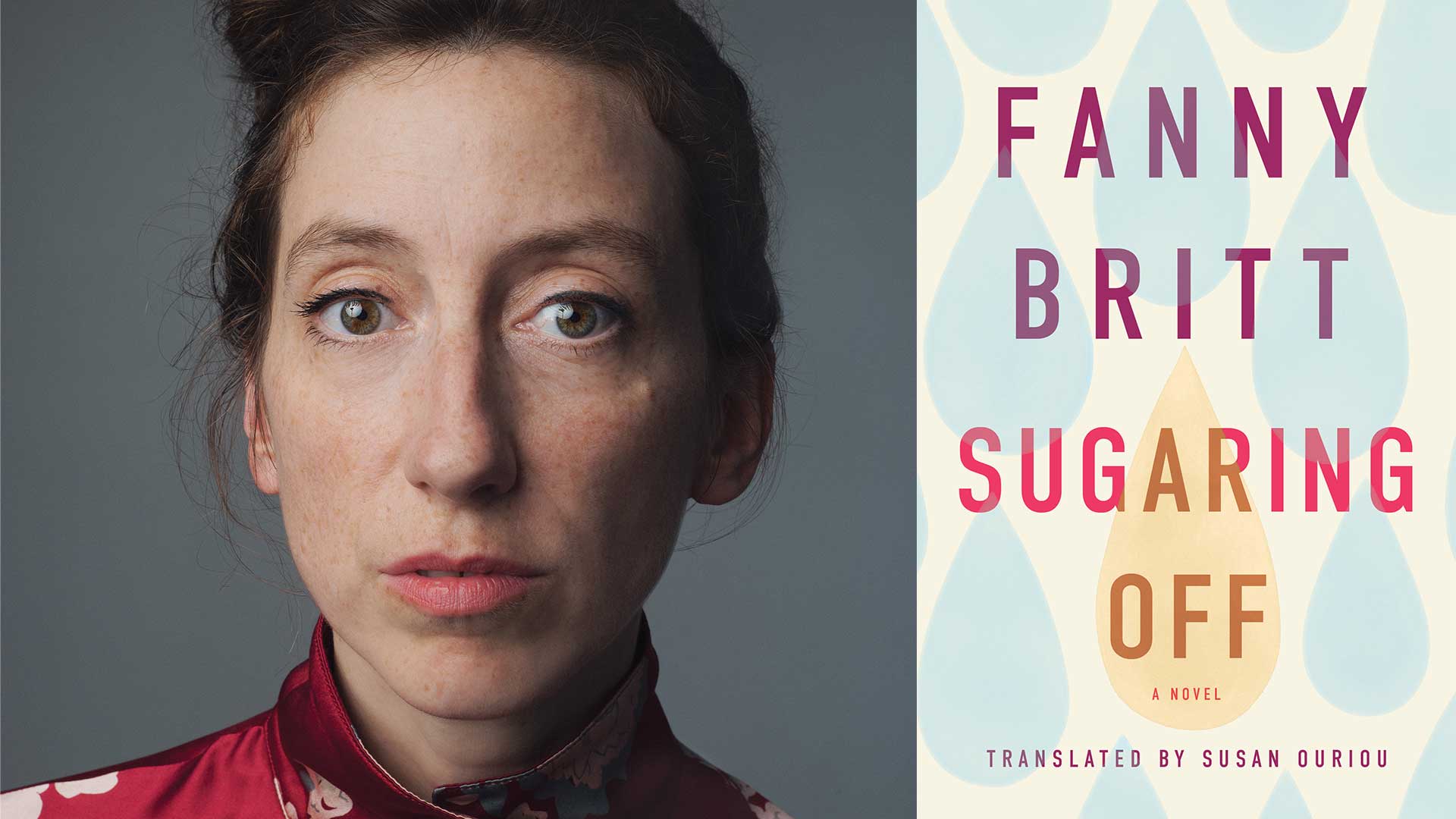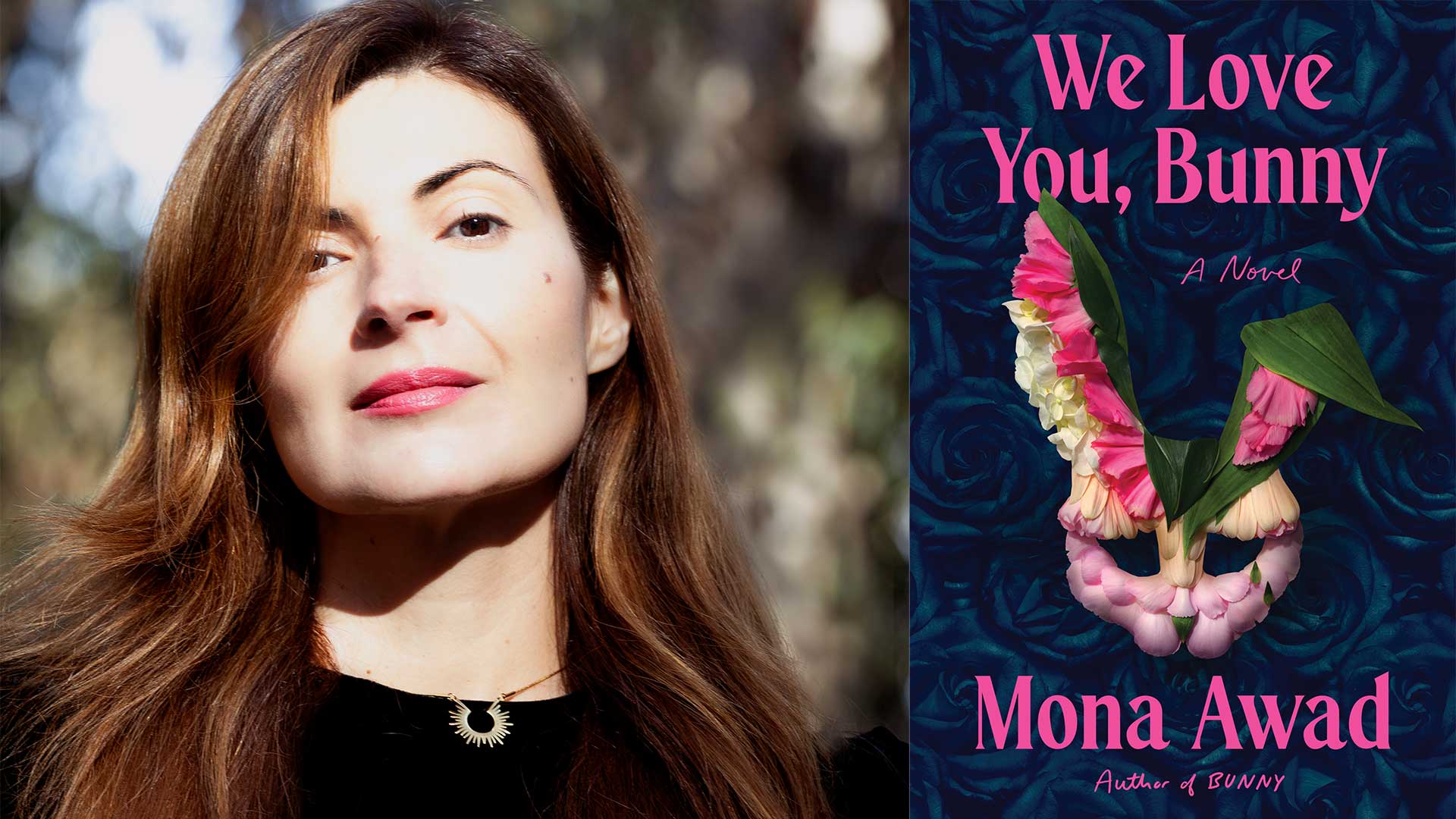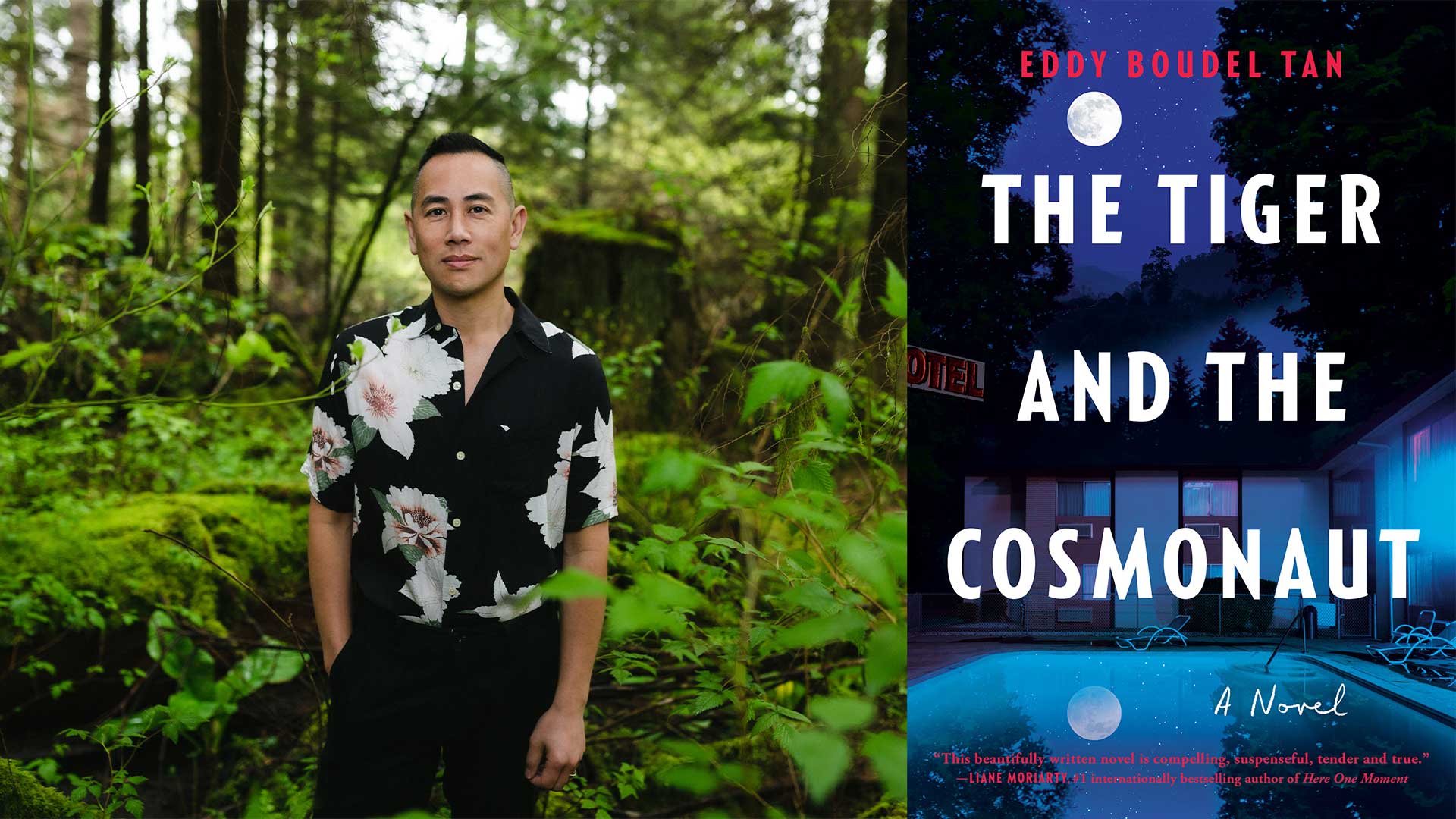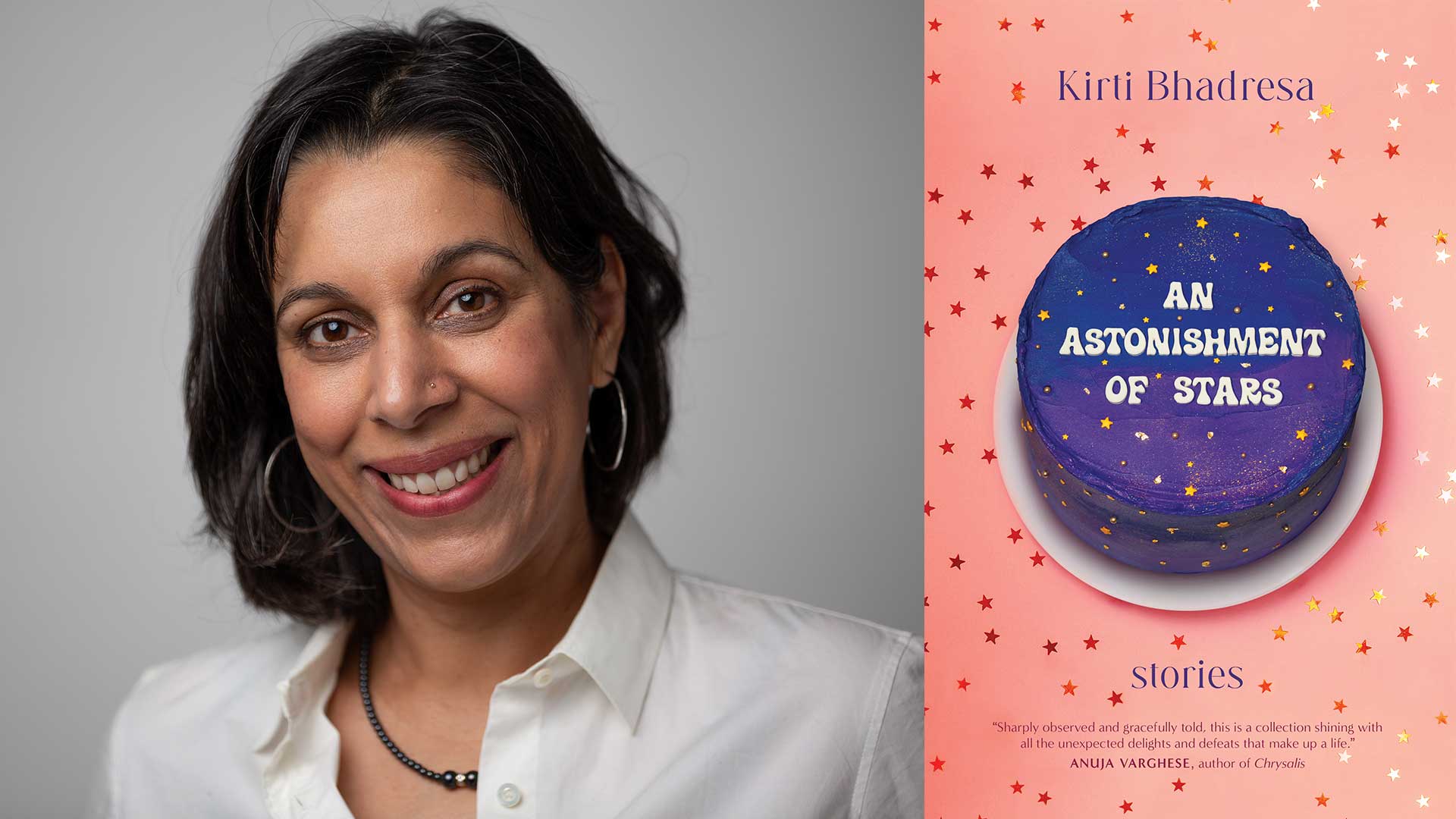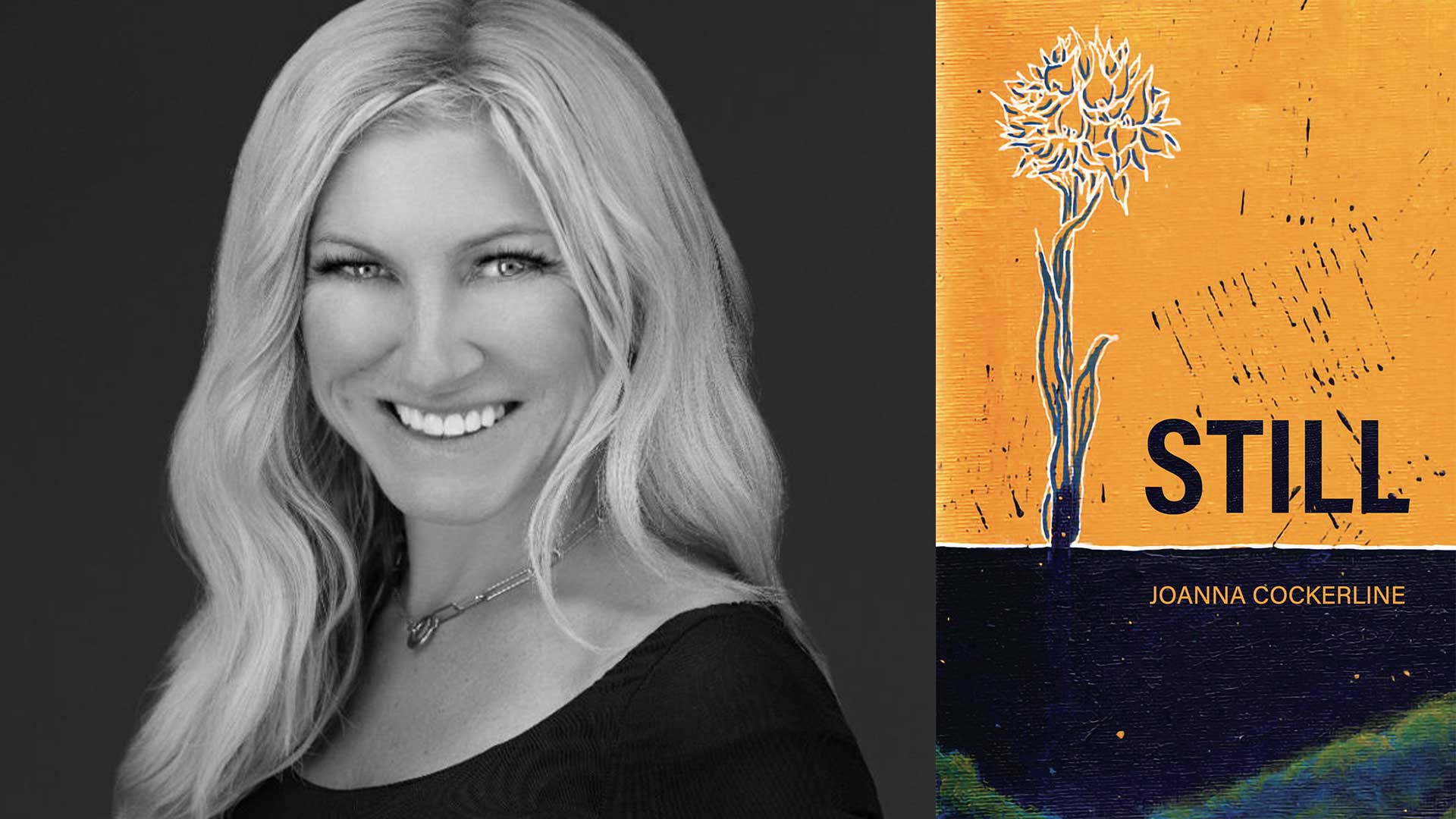
Giller Spotlight: Joanna Cockerline
Joanna Cockerline’s novel, Still, has been longlisted for the 2025 Giller Prize.
Joanna is a a CBC Literary Awards prizewinner who has been published in national and international journals and magazines such as Room, The Fiddlehead, En Route, and International Human Rights Arts. She was nominated for the Pushcart Prize in 2022.
Joanna earned her BA and MA in Literature at the University of Guelph and completed a graduate program at the Humber School for Writers with two-time Booker Prize winner Peter Carey.
She co-authored the short story collection Seeing Our Sisters alongside Kenyan authors in The Girlship collective in 2024. She is actively at work on her next novel.
A long-time street outreach volunteer with an organization that won the City of Kelowna Volunteer Organization of the Year Award, Joanna has recently co-founded a street outreach organization dedicated to the unhoused community and, particularly, street-level sex workers.
Joanna lives with her family in the traditional, unceded Syilx Okanagan Territory of Kelowna, BC, where she teaches literature, communications, and creative writing at the University of British Columbia (UBC) Okanagan.
What’s the first piece of writing you had published?
I published fiction and poetry in Room and The Fiddlehead, and was then tremendously grateful to place in the CBC Literary Awards for Short Story in 2002, so had a short story appear on CBC and in En Route.
When did you first come up with the idea for your book?
Parts of this book have been ruminating since I was a teenager, and even before, but the focus of the book came into existence when I began to get to know people on street outreach eight years ago. The spirit of community, resiliency, and strength I heard and saw was one I connected with, and wanted to celebrate and honour.
Which authors or books inspired your book?
Artistically, I have huge respect for Toni Morrison, Eden Robinson, and Arundhati Roy as writers and thinkers. Their unique ways with language, the emotional depth of their characters, and their respective abilities to write about struggle and pain with such eloquence are such an inspiration. Yasuko Thanh’s Mistakes to Run With, Amber Dawn’s How Poetry Saved My Life: A Hustler’s Memoir, Evelyn Lau’s works, Joshua Whitehead’s Jonny Appleseed, and Richard Wagamese’s narratives, particularly Ragged Company, are all significant Canadian voices that have important dialogues to share.
What advice would you have for someone struggling to make time to write?
It takes time! We are all juggling so much. If it is possible to carve out specific times to write, and that works for you, wonderful; otherwise, take the opportunity to write where, when, and how it strikes you – in buses, in between classes or when your child naps, on the nearest scraps of paper or a napkin in a coffee shop. Do not feel you have to follow anyone else’s set guidelines. Listen to your own timing, voice, and inspiration, when and how you can. Be gentle with yourself and grateful for what comes and when it can.
Why is it important for Canadians to read books by Canadian authors?
Canadian voices are the fabric of our society. Canadian books bring unique visions of our cultures and to our cultures. We are so lucky to live in a remarkable place full of incredible people, landscapes, and stories, and it is this diversity that makes Canada breathe. The pulses of our communities of all mosaics beat within our books, and deserve to be heard.
What’s the last great book you read by a Canadian author?
I’m currently reading fellow Giller long-lister Souvankham Thammavongsa’s Pick a Colour. I loved her first book of short stories, How to Pronounce Knife, so am excited to read on in her new novel.
When did you know you wanted to be a writer?
I’ve always had stories in my head that wanted to be told – so the honest answer is since I could hold a crayon.
Did anything surprise you when writing your longlisted book?
How the characters came to life on their own, and told me what they wanted to say, surprised me. They became living, breathing people with lives that would transform before my eyes and guide the narrative in ways that took their own turns. I felt like they were telling me what needed to be told.
Who’s your favourite character in your longlisted book and why?
I honestly have a few favourite characters, so that’s a hard question. The main character, Kayla, stands out because she experiences such growth throughout the novel, and it is through her eyes that we learn so much. The magnetic personality of the missing woman, Little Zoe, also has a real pull for me, as she was so enigmatic and cared for people in her own unique ways. The diverse characters who are Kayla and Little Zoe’s community on the street each stand out for me in their own ways too – from salvaging items others overlooked and seeing their beauty to knowing just when someone needed to hear a certain song. I came to love them all.
How many drafts did you go through when writing your book?
I spent five years writing so many drafts, including three entirely different versions that then each shaped the final one. I fell in love with the characters so much that I’m now turning my attention to a sequel.
Share this article
Follow us
Important Dates
- Submission Deadline 1:
February 14, 2025 - Submission Deadline 2:
April 17, 2025 - Submission Deadline 3:
June 20, 2025 - Submission Deadline 4:
August 15, 2025 - Longlist Announcement:
September 15, 2025 - Shortlist Announcement:
October 6, 2025 - Winner Announcement:
November 17, 2025
